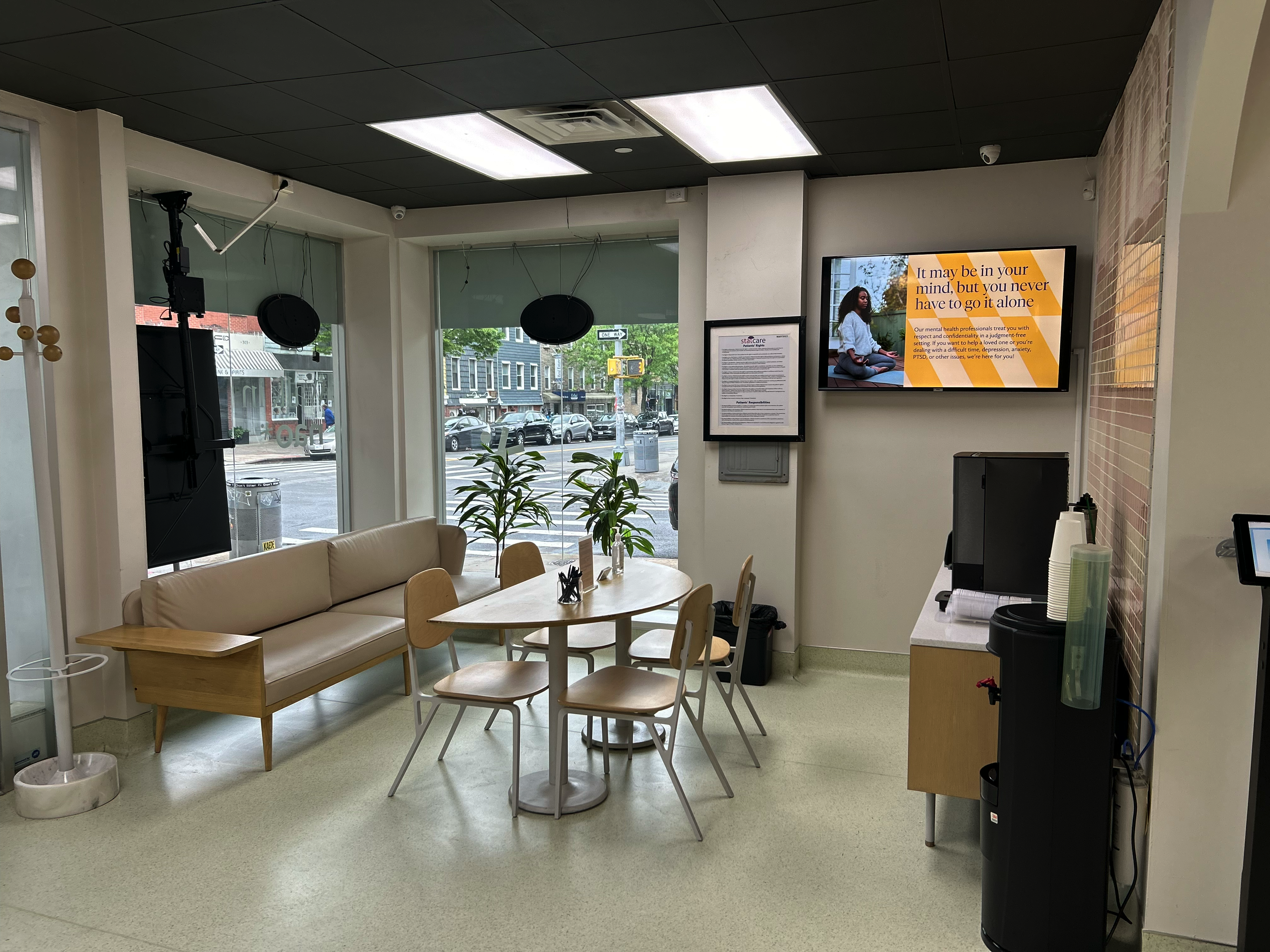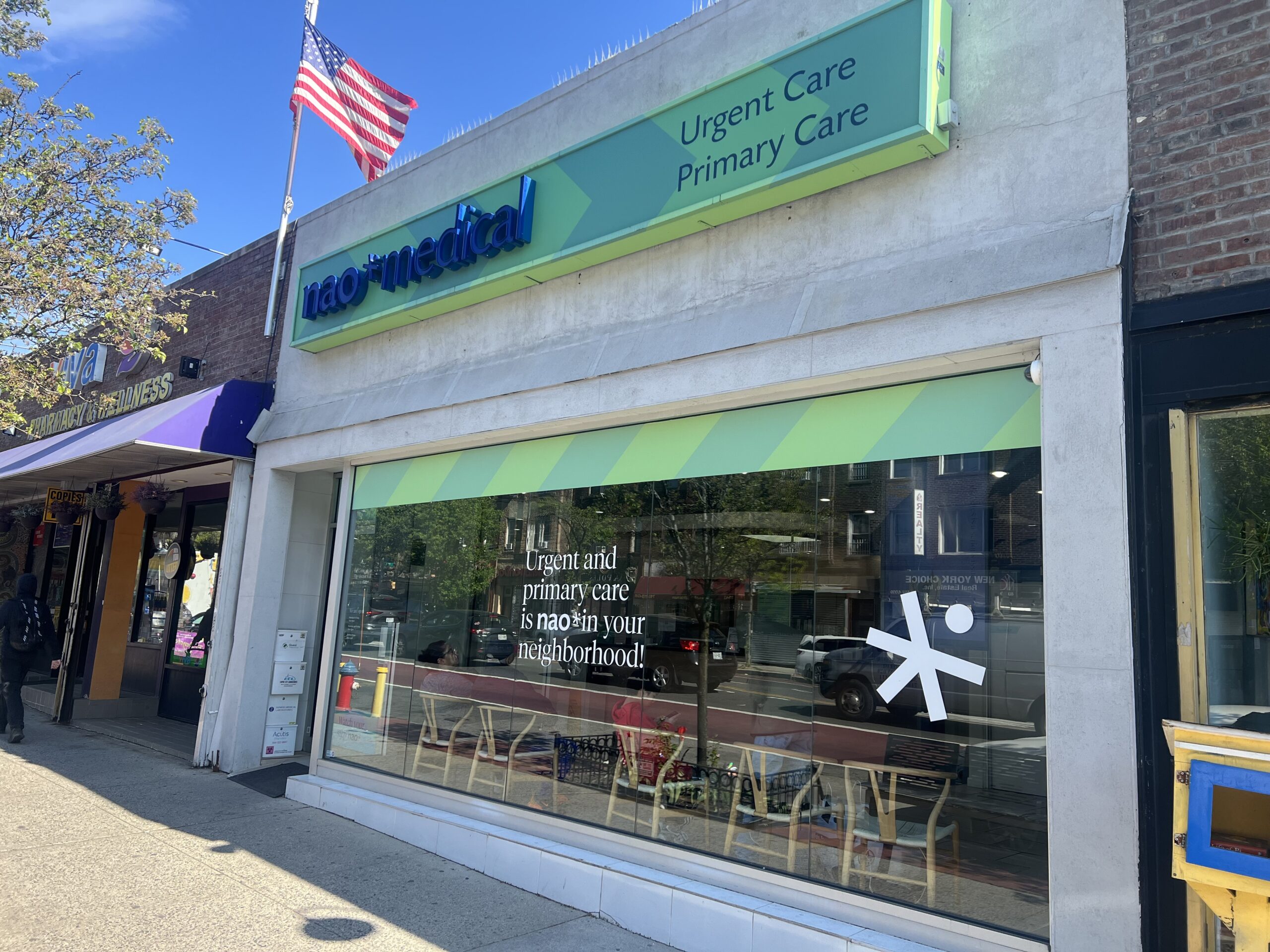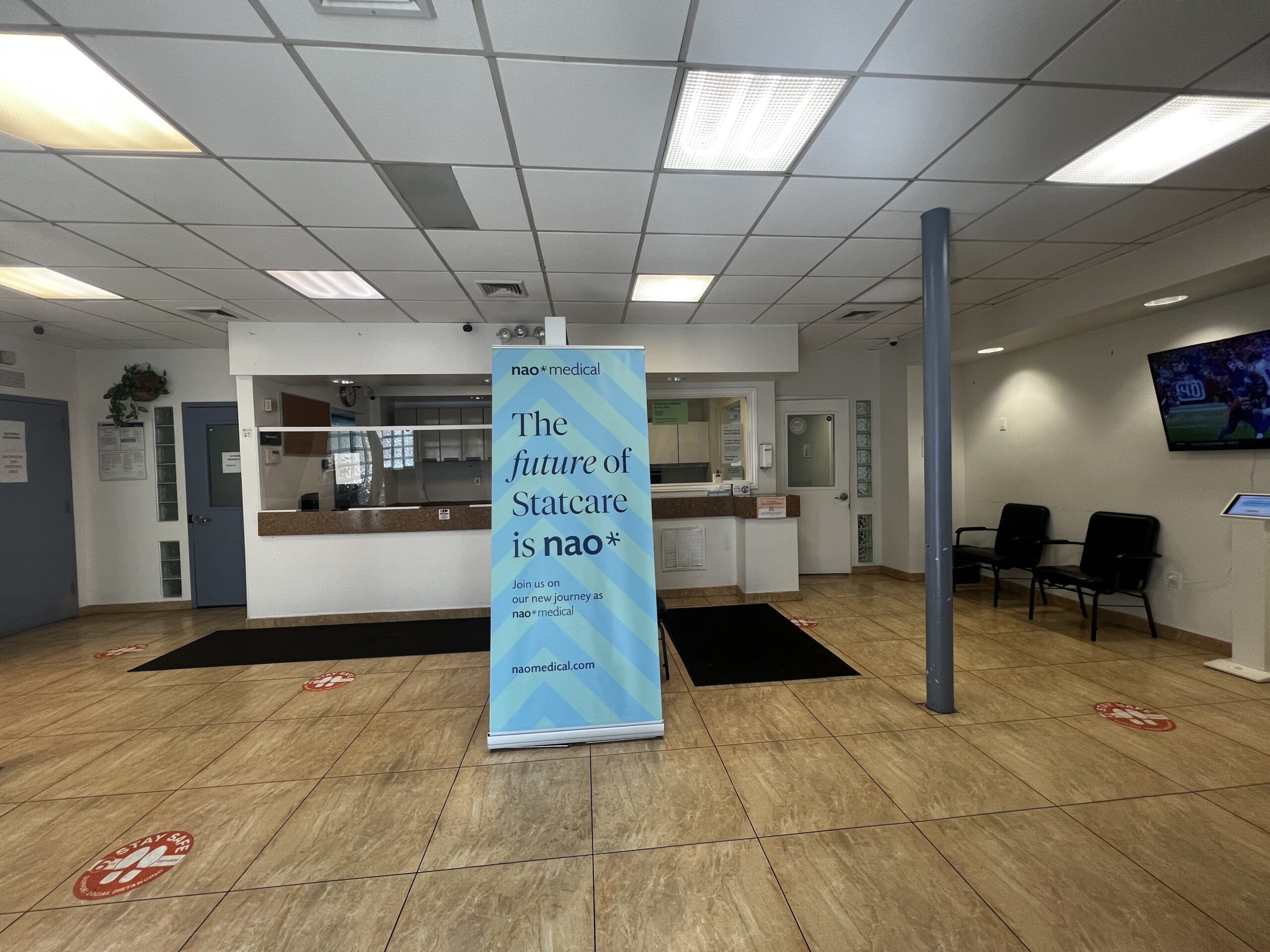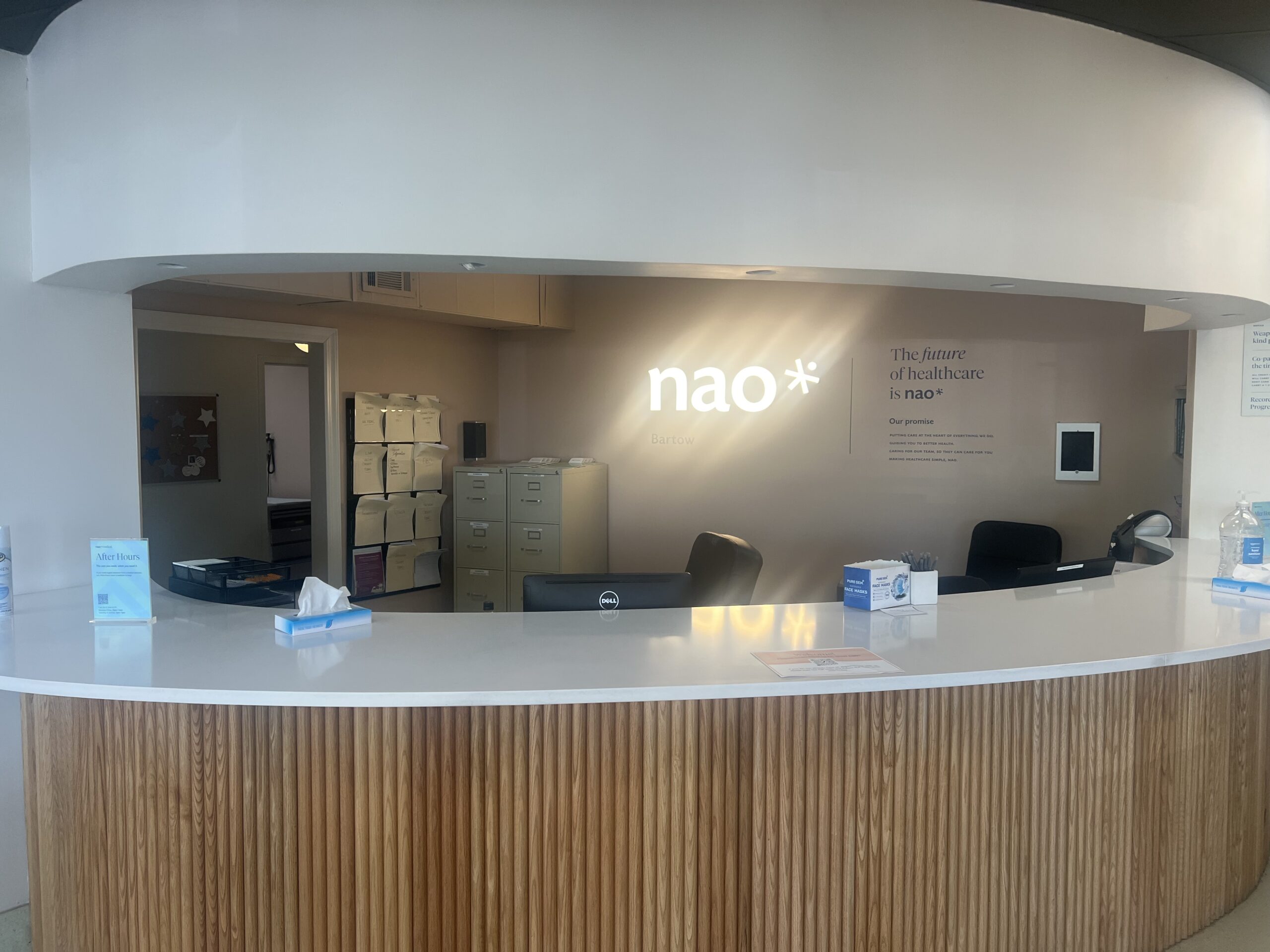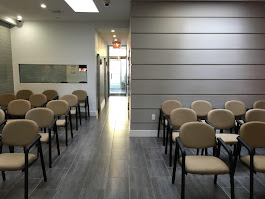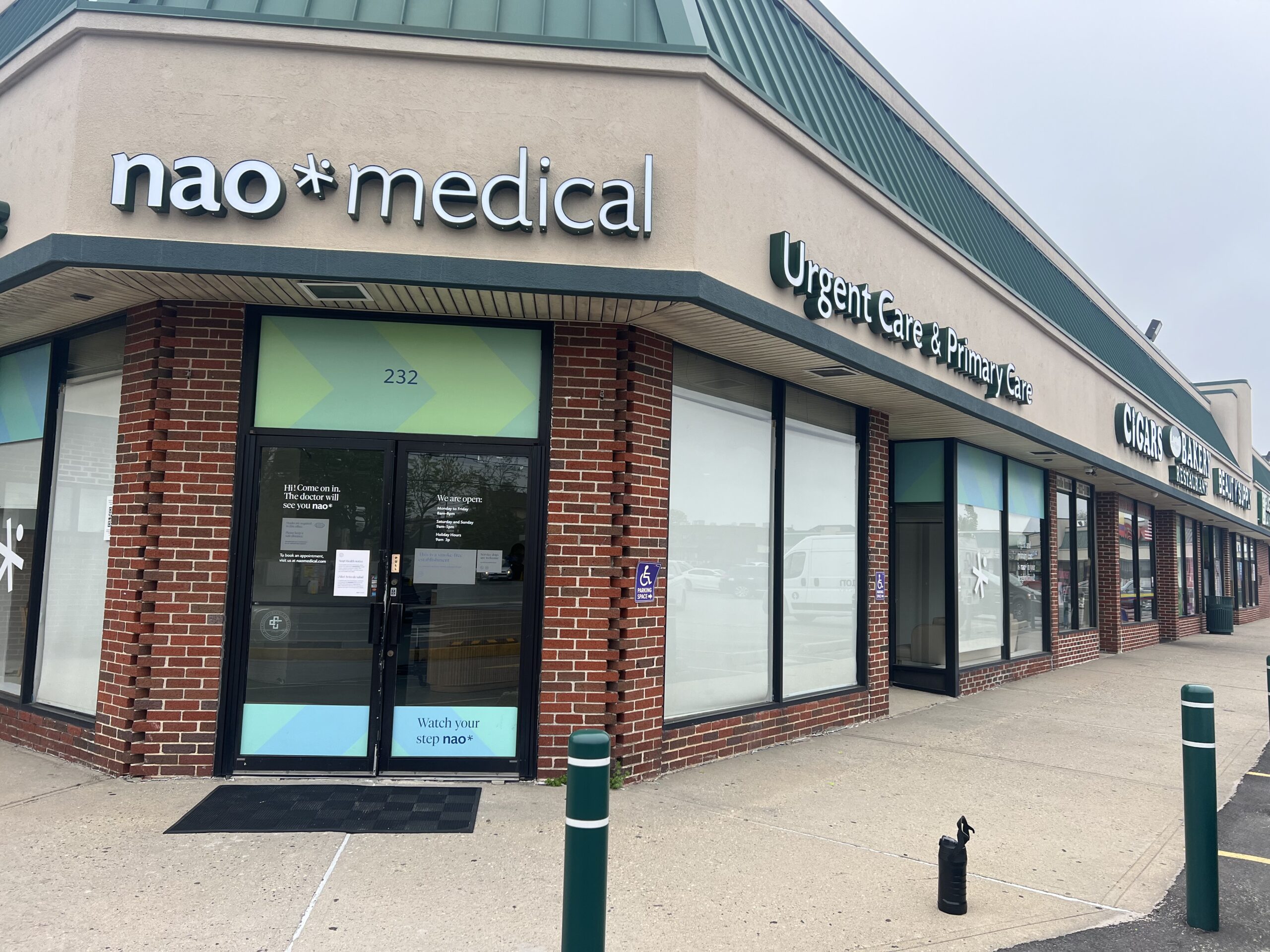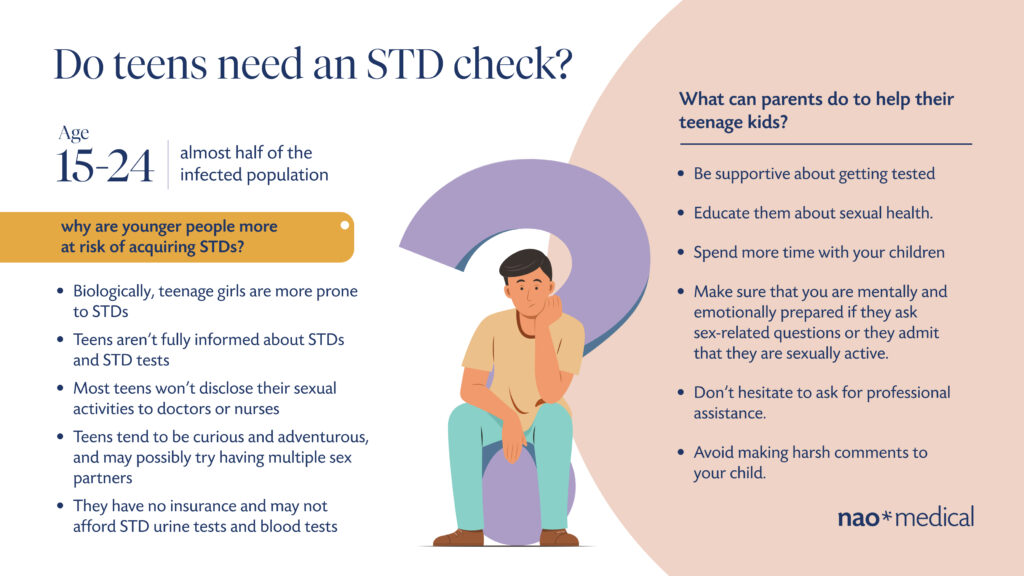
Sexual health is an important part of overall wellness, so awareness should start from puberty. Aside from the birds and the bees, parents should also discuss sexual health topics with their teenage kids. That includes sexually transmitted infections, STD testing and treatment, and HIV.
When teens are well-informed, they are more cautious about sex and more respectful of themselves and others. The Centers for Disease Control and Prevention advises parents to check their website for screening guidelines and recommendations to know if their teenage kids should get tested. In the United States:
- all states allow teenagers 13 years old and above to get tested for STDs on their own
- 18 states allow doctors to inform parents if they deem it necessary
- only one state requires doctors to inform parents in case a teenage patient would test positive for HIV
What if my minor gets STD testing done without my permission?
As per New York State law, minors are able to get certain sexual and reproductive health services, including STD / HIV testing and STD treatment, without the consent of their parents or guardians.
Strict confidentiality under the Health Insurance Portability and Accountability Act applies to sexually transmitted infections (STIs) among teens and their treatment. However, if your minor specifically indicates that they want their parents contacted, the medical staff should do so.
How common is teen STD?
Sexually transmitted diseases are very common, especially among the youth. Every year, almost half of the infected population is between the ages of 15 and 24 years old. However, not everyone is aware because most sexually transmitted infections don’t show signs or symptoms.
But why are younger people more at risk of acquiring STDs?
- Biologically, teenage girls are more prone to STDs
- Teens aren’t fully informed about STDs and STD tests
- Most teens won’t disclose their sexual activities to doctors or nurses
- Teens tend to be curious and adventurous, and may possibly try having multiple sex partners
- They have no insurance and may not afford STD urine tests and blood tests
The importance of STD testing and treatment
STDs have a long-lasting effect on people. If teens get tested immediately, infections caused by unprotected sexual contact can be immediately addressed and treated before they become worse.
Some STDs, like gonorrhea and chlamydia, require prescription drugs. Herpes and HIV are incurable but prescription medications can relieve their symptoms.
To avoid having a permanent medical issue with reproductive health, especially in teenage girls, people must deal with any sex-related infection immediately. It’ll also be a good learning experience for the youth to protect themselves if they are unable to abstain from any sexual activity.
Getting tested in STD clinics and urgent care centers
Adolescence is probably the most vulnerable phase in a human being’s life. It’s natural for teens to be hesitant to get tested for STDs. Fortunately, there are teen–friendly health care facilities, such as Nao Medical and Planned Parenthood, that offer discreet and confidential lab testing.
You can use the STD Testing Locator to search for testing clinics or convenient care centers by zip code, city, or state. While home test kits are available in drugstores and pharmacies, results are more accurate in a healthcare facility. Also, a complete STD check often includes a test for HIV and there’s no home testing kit for that.
Whether you are going with your children or not, be ready and prepared for possible results. It’s also important for teens to know how doctors perform the test, whether it’ll require a urine sample or a blood sample, and if the testing center will disclose test results privately.
What can parents do to help their teenage kids?
Teenagers would be more at ease if they are able to tell their parents and get the support they need. Here are things parents or guardians can do to help:
- Be supportive about getting tested for gonorrhea, syphilis, chlamydia, and other STDs. You can help your adolescents by helping them find a reliable testing location and making sure that they follow up with their doctors.
- Educate them about the importance of safe sex and sexual health. If they feel uncomfortable hearing it from you, bring them to a healthcare professional or sex educator for proper orientation.
- Spend more time with your children and get involved in fun and recreational activities together. The bond you share will make it easier for both to talk about more personal issues and your teens will be able to build their trust and confidence in you.
- If your adolescent starts to open up to you, make sure that you are mentally and emotionally prepared if they ask sex-related questions or they admit that they are sexually active. Stay informed with up-to-date, medically reviewed information to make sure that you are providing relevant and accurate answers.
- Don’t hesitate to ask for professional assistance. Most health care providers are more than willing to explain STD tests and treatment to you and your teenager.
- Avoid making harsh comments to your child. Their hormone levels are fluctuating and it’s natural for them to be curious about sex.
Parents play a huge role in helping teenagers understand sexual health and be aware of the risk factors involved with catching STIs. Discuss with your spouse and devise a plan that best suits you and your child. If you are a single parent, seek the help of a family member or friend but make sure to maintain confidentiality.
 (917) 310-3371
(917) 310-3371
